In the context of fluctuating world food prices, it has once again shown that agricultural production continues to be an important “midwife” of the economy . The Mekong Delta has long been considered the rice granary, seafood granary and fruit granary of the whole country and is in need of breakthrough mechanisms and policies in attracting investment to leverage the fundamental development of agricultural production.
 |
| Harvesting rice in the Mekong Delta. Photo: NGOC PHUC |
Many opportunities for agricultural production
Recently, the Ministry of Agriculture and Rural Development demonstrated straw rolling and mixing machines to make organic fertilizer in Vi Thuy district, Hau Giang province. It can be said that although considered a rice exporting powerhouse, Vietnam still wastes many raw materials such as straw in rice.
According to the International Rice Research Institute (IRRI), of the approximately 47 million tons of straw each year, only over 20% is collected and used for the purpose of making straw mushrooms, animal feed, fruit transportation cushions, etc.; the majority of the rest is mainly burned in the fields or buried in the fields (currently, Vietnam burns over 20 million tons of straw each year). Pointing out the statistics on the current status of straw use shows that: The need for investment resources in the agricultural sector is very large.
Currently, the Ministry of Agriculture and Rural Development is implementing many drastic measures to synchronize the mechanization stages in the agricultural production sector. The key "leverage" is the need for the participation of private enterprises and agricultural cooperatives in investing in mechanized machinery to provide services in the rice granary of the Western region.
According to Mr. Dong Van Thanh, Chairman of Hau Giang Provincial People's Committee, recently the province has participated in and benefited from many programs and projects on integrated pest management (IPM) on rice, such as: GIZ, FARES supporting capacity building on variety selection and ecological conservation in the fields for farmers.
In particular, the sustainable agricultural development project (VnSAT) implemented in the province in the period of 2015-2022 has achieved many results, with advanced measures applied to over 35,000 hectares of rice. Thereby, greenhouse gas emissions have been reduced by 176,228 tons of CO2, reaching 155.5% compared to the initial project target. It must be said that this is a very exciting thing, contributing to changing people's thinking and awareness in sustainable agricultural production, adapting to climate change.
The Government has approved the Mekong Delta Regional Planning for the 2021-2030 period, with a vision to 2050 (Decision No. 287/QD-TTg dated February 28, 2022). This Mekong Delta Regional Planning represents “new thinking, new vision, new values, new opportunities” for the future development of the Mekong Delta, especially in the context of climate change adaptation.
According to MSc. Nguyen Huu Thien, an expert in Mekong Delta ecology, the integrated planning emphasizes the formation of agricultural hubs (aquaculture, fruits, rice and logistics) located in localities such as Ben Tre, Dong Thap, An Giang, Kien Giang, Ca Mau, Can Tho, Hau Giang, etc.
The focal centers have the functions of researching, processing, preserving, creating output channels for agricultural products... The remaining issue is that localities should soon apply mechanisms and policies to mobilize resources to invest in the agricultural sector in the West.
Connecting industry chains with Ho Chi Minh City
“Long An always identifies agriculture as the “support” of the provincial economy. Accordingly, Long An is synchronously implementing solutions for the high-tech agricultural development program associated with restructuring the agricultural sector. From there, many key products such as bananas, lemons, dragon fruit, rice, etc. are exported to markets such as the US, Australia, Europe, Korea, Japan, China...”, said Chairman of Long An Provincial People's Committee Nguyen Van Ut.
 |
| Mekong Delta encourages farmers to apply high technology in agricultural production. Photo: NGOC PHUC |
According to Mr. Dinh Minh Hiep, Director of the Department of Agriculture and Rural Development of Ho Chi Minh City, the Mekong Delta has been planned by the Government as a key agricultural region with many key products, especially rice, shrimp, tra fish, fruit... Accordingly, Ho Chi Minh City enterprises have found opportunities and benefits when investing in the Mekong Delta, especially in the fields of tourism, high-tech agriculture, and industry.
However, in order for the Mekong Delta to optimally promote this potential and advantage, cooperation in investment and consumption of agricultural products between provinces and cities in the region needs to have a mechanism to attract investors in production, preliminary processing, and processing of agricultural products, and wholesale agricultural markets in Ho Chi Minh City to cooperate in consumption associated with specialized areas; strengthen quality control and traceability of products; promote trade promotion to expand markets associated with the development of a regional agricultural logistics center system.
At the same time, connecting the regional agricultural logistics center located in Ho Chi Minh City with the system of logistics centers in production areas, regional agricultural logistics centers in the Mekong Delta provinces and export agricultural logistics centers; mechanisms to diversify forms of association.
According to Vice Chairman of Ben Tre Provincial People's Committee Nguyen Truc Son, infrastructure in the Mekong Delta region is receiving unprecedented and strong investment from the Government, such as seaports, airports, irrigation... This is a favorable condition for localities to plan land funds to attract investors in agriculture.
“Ben Tre is very willing to support and create conditions for businesses to invest in the green, clean, high-tech agricultural sector. The Mekong Delta has regional linkages, so it really wants to develop industry chains, supply chains, and specialization in each province, rather than spreading investment. We hope that in the upcoming Land Law (amended), there will be an incentive mechanism for farmers to participate in linkages with businesses on land,” said Mr. Nguyen Truc Son.
According to the Ministry of Agriculture and Rural Development, the country currently has over 900,000 operating enterprises, but only about 50,000 enterprises invest in agriculture. Compared to the actual space, the investment of enterprises in agriculture is not worthy to create a breakthrough for sustainable development.
Minister of Agriculture and Rural Development Le Minh Hoan said that local authorities need to continue reviewing and perfecting the planning for high-tech agricultural development in an open direction, have preferential policies for enterprises investing in high-tech agricultural zones, and encourage farmers to apply high technology in agricultural production.
According to sggp.org.vn
.
Source




![[Photo] General Secretary To Lam attends the 80th Anniversary of the Cultural Sector's Traditional Day](https://vphoto.vietnam.vn/thumb/1200x675/vietnam/resource/IMAGE/2025/8/23/9f771126e94049ff97692935fa5533ec)

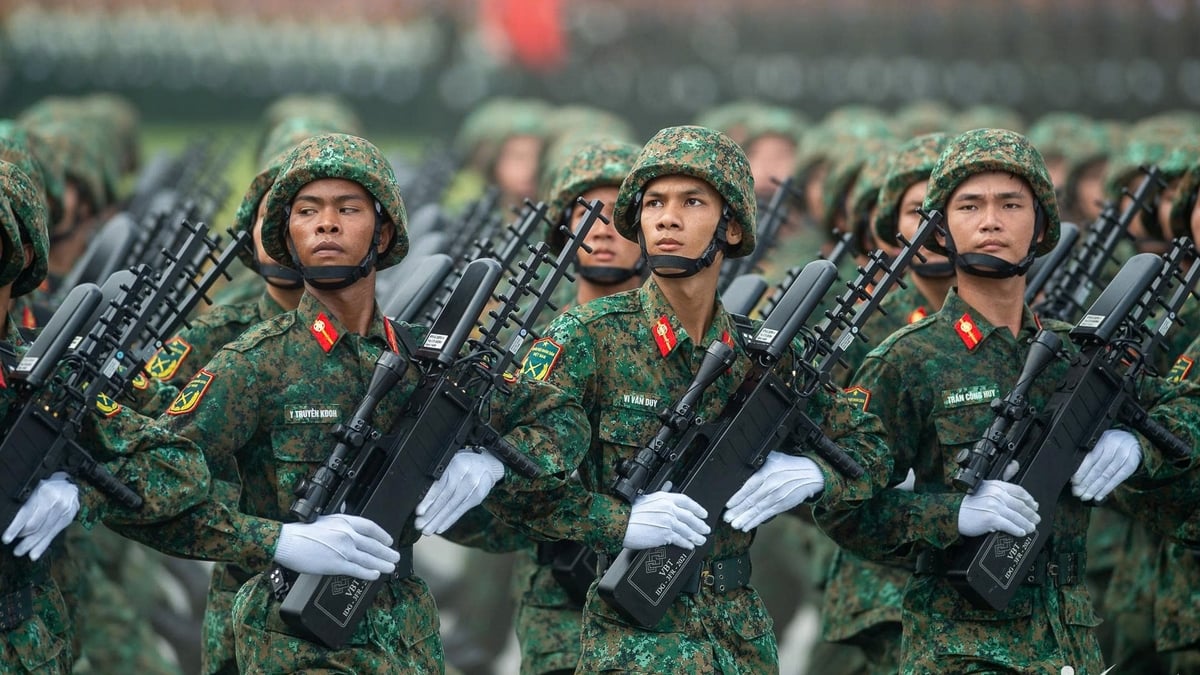


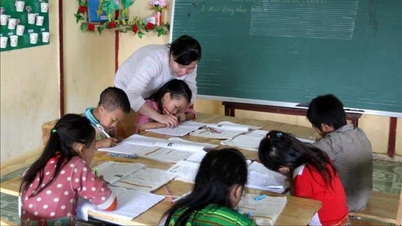

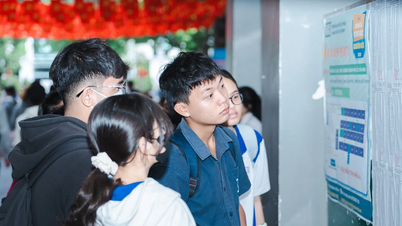

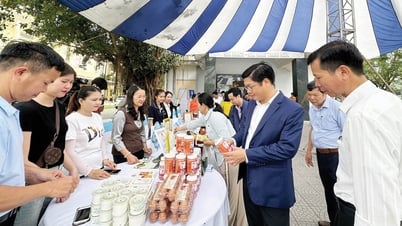


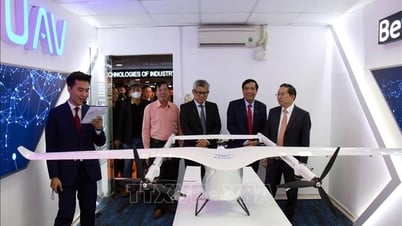

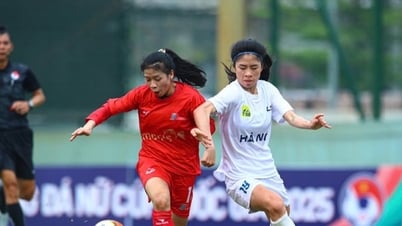

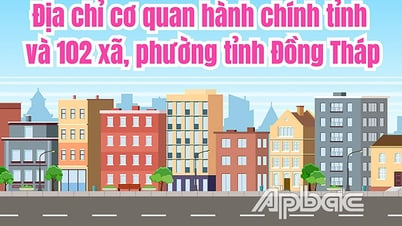

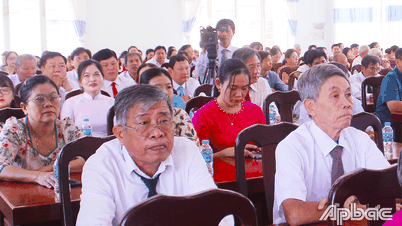
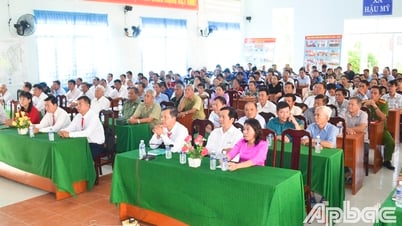
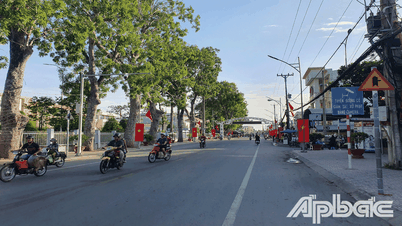
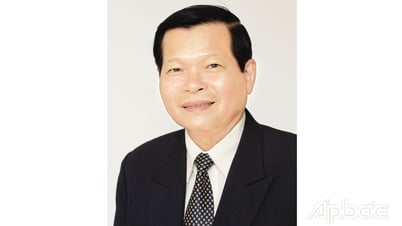
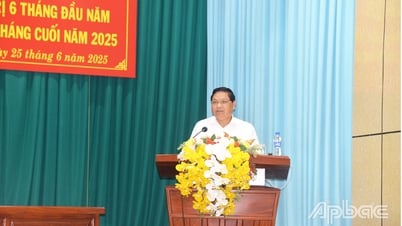




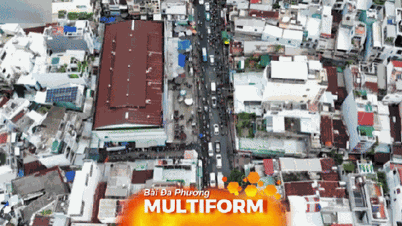
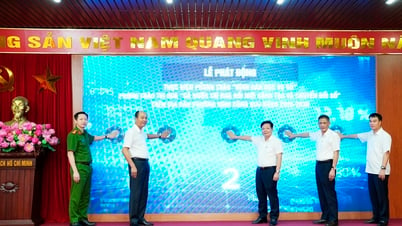
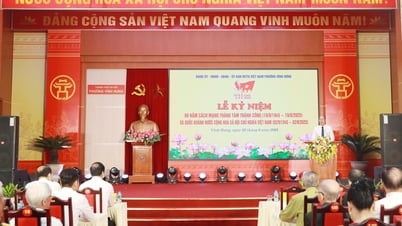

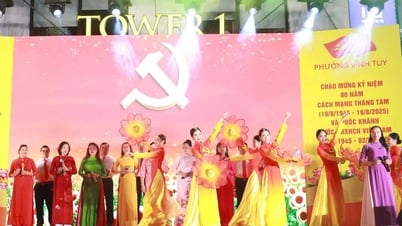
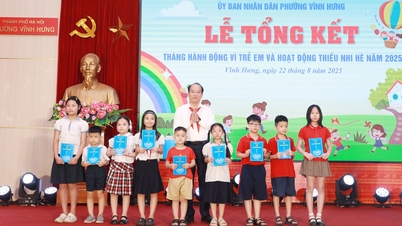




















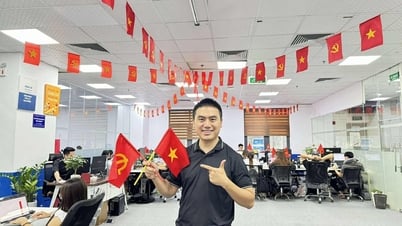












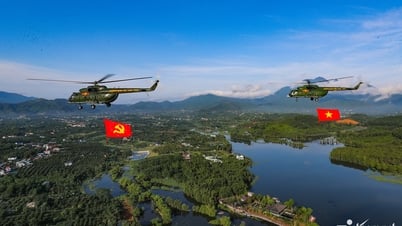

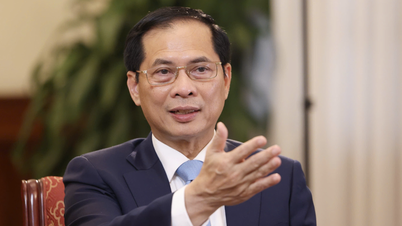
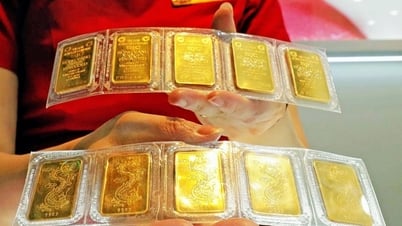
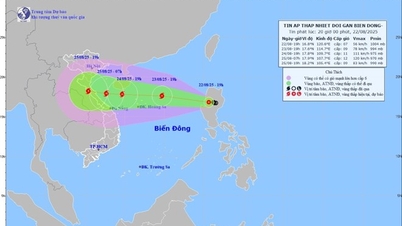



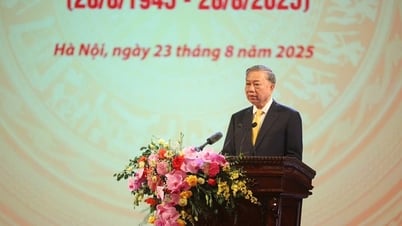
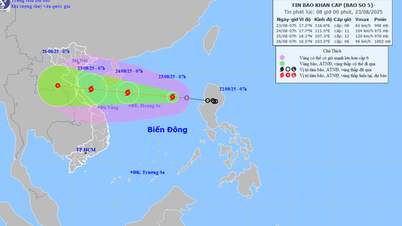
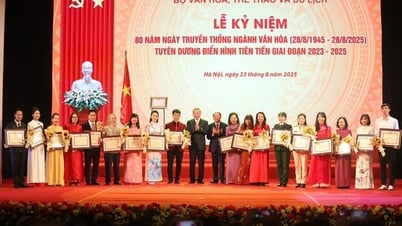


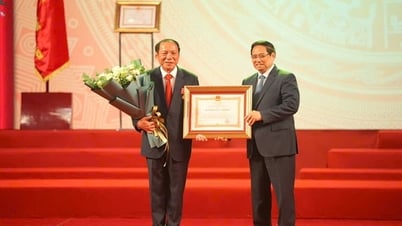
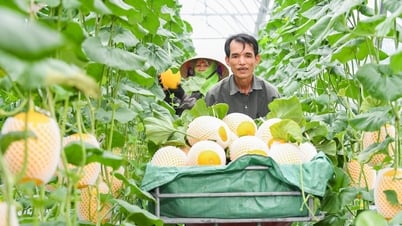

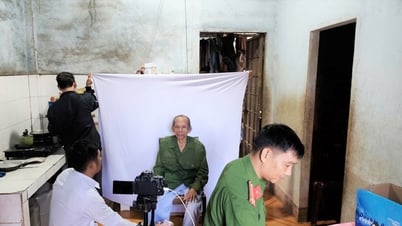

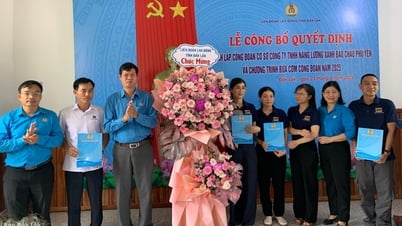

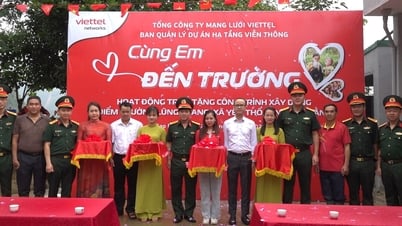

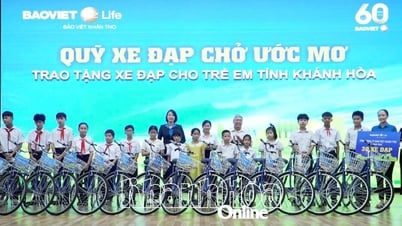

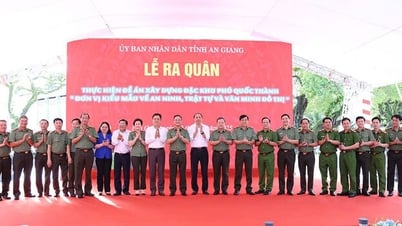








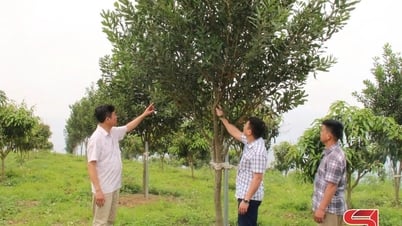



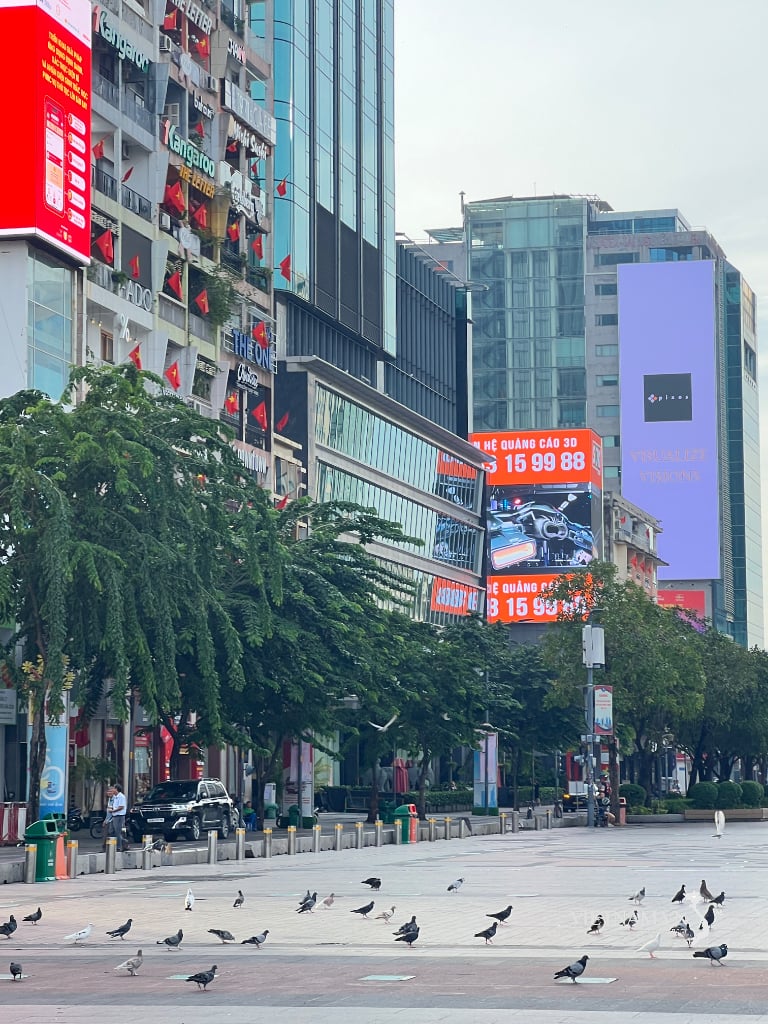
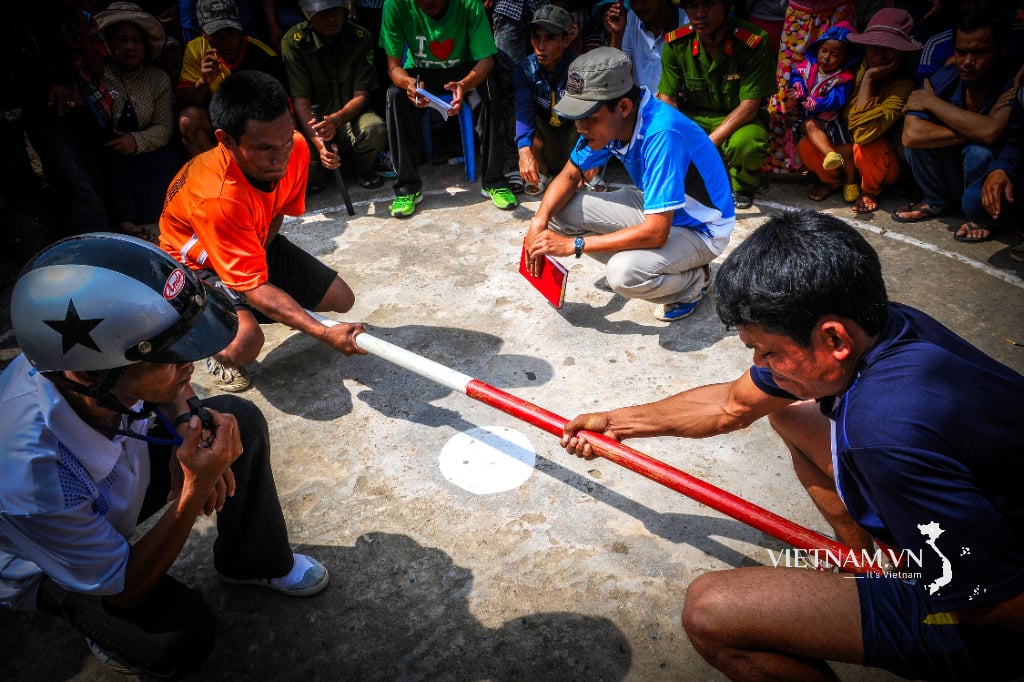

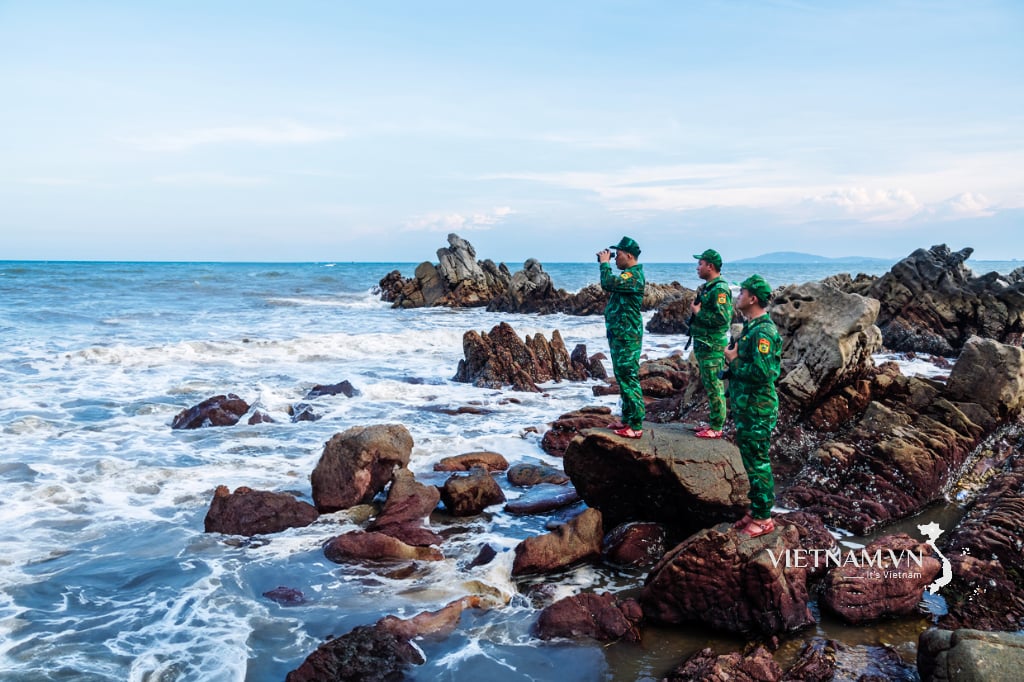
Comment (0)